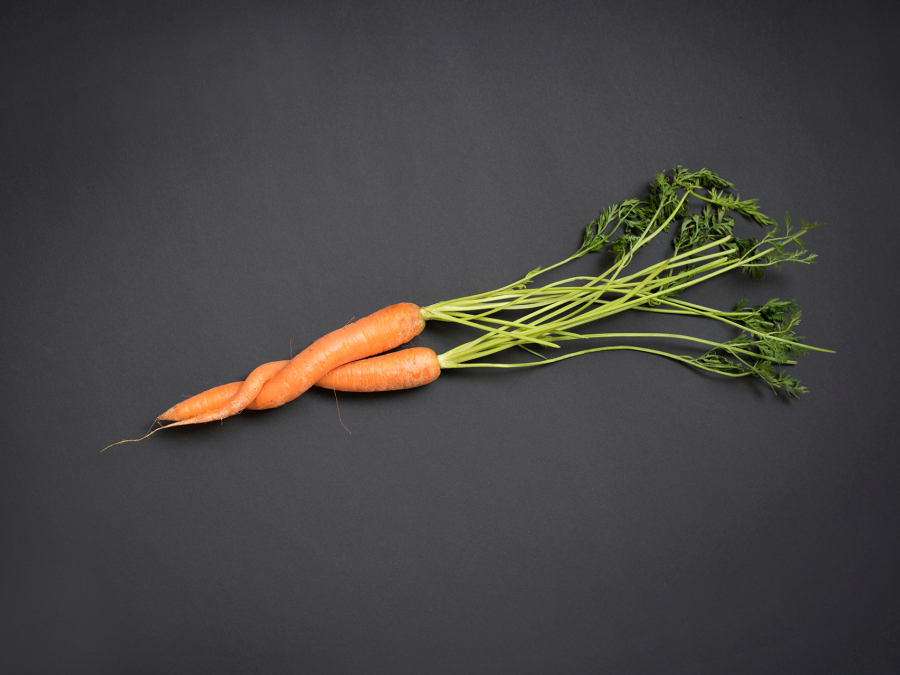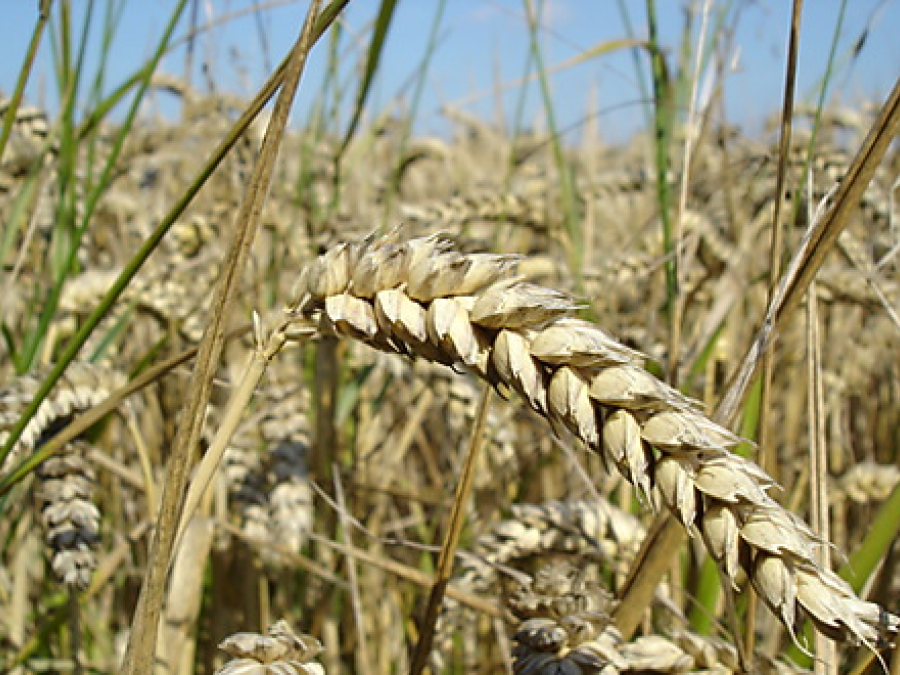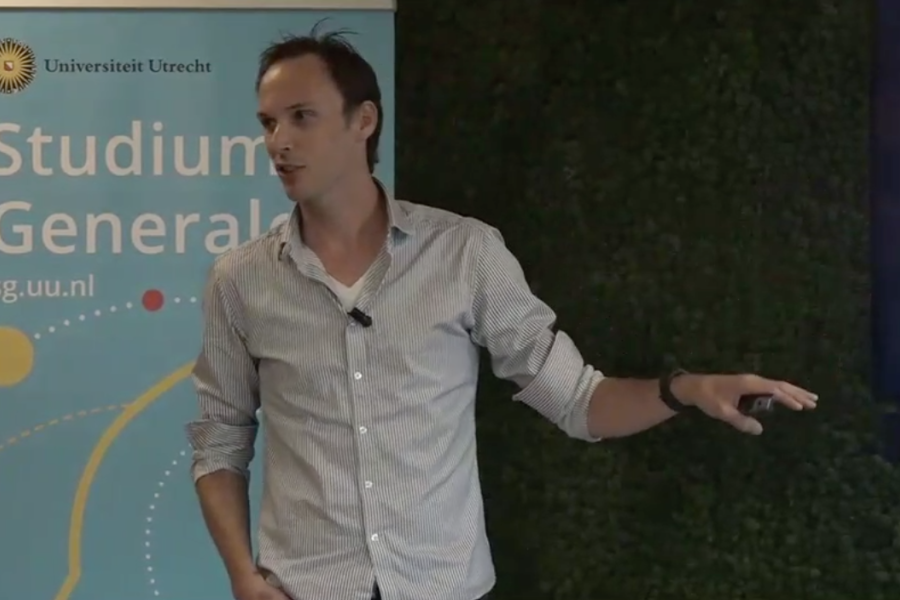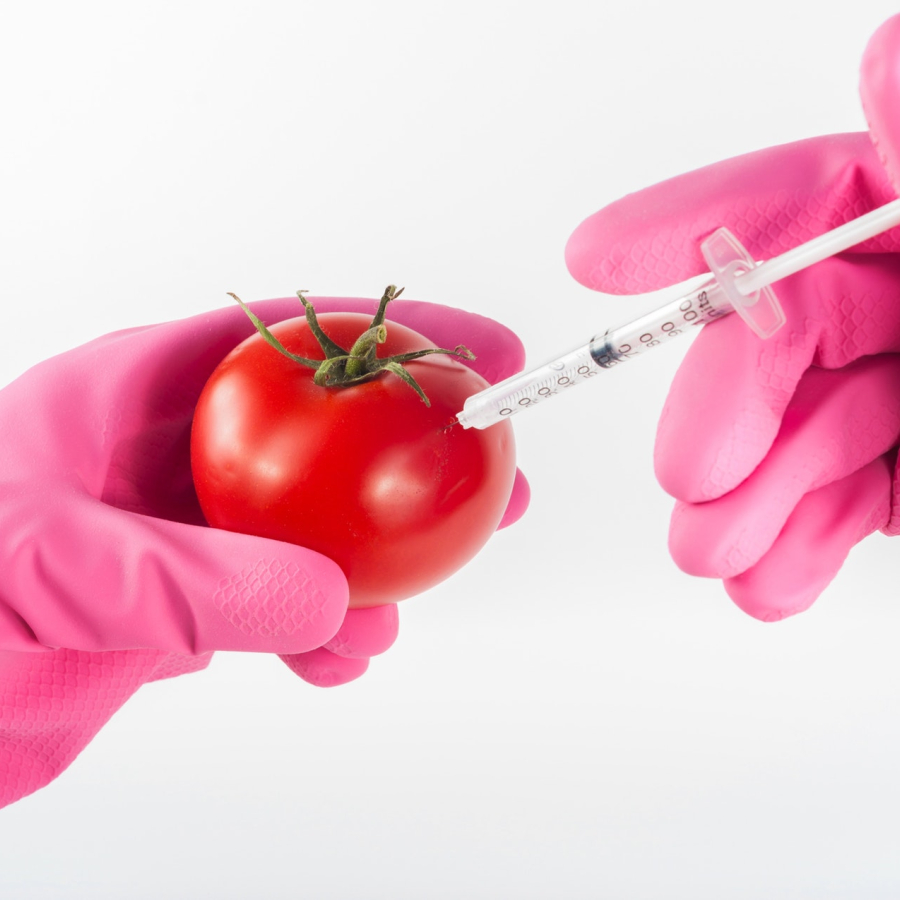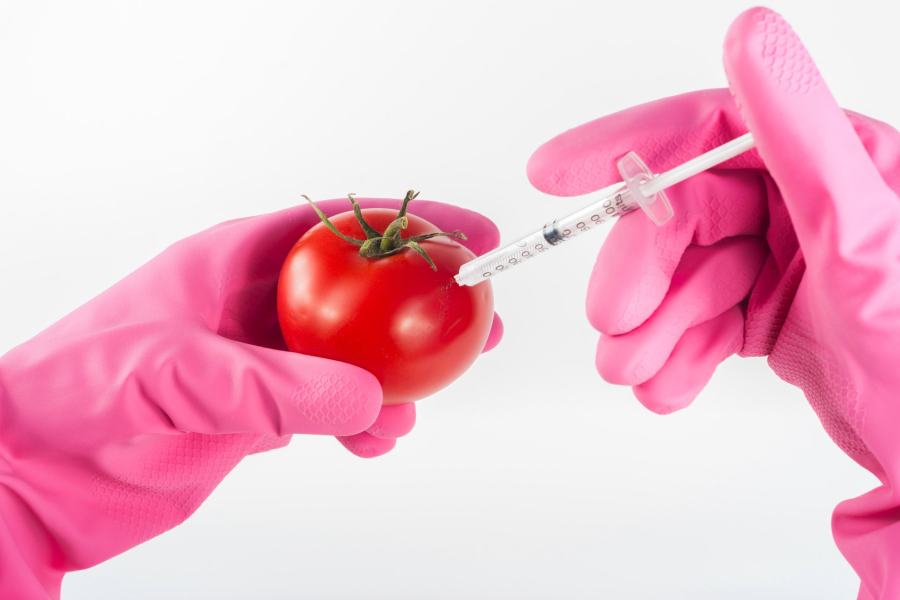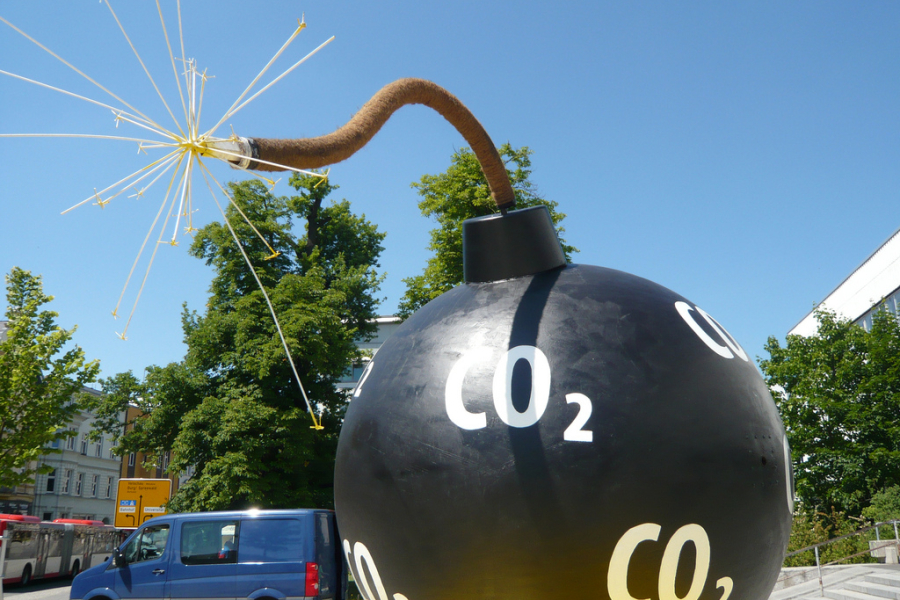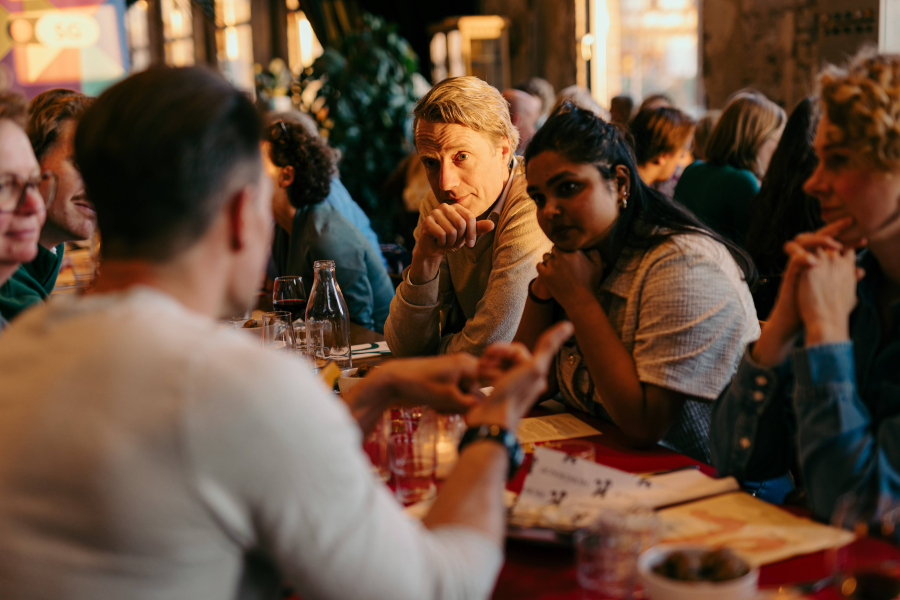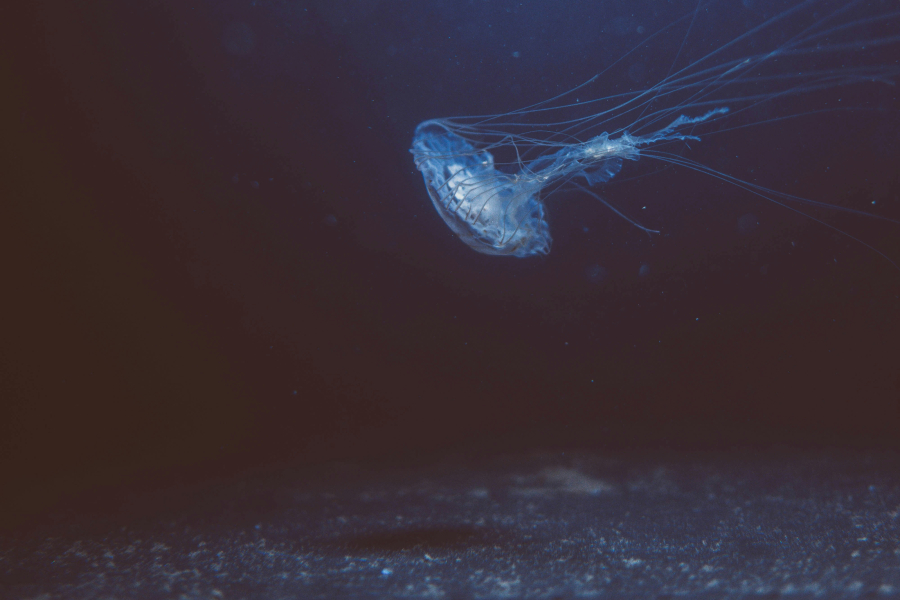Why GMO food might not be that bad after all
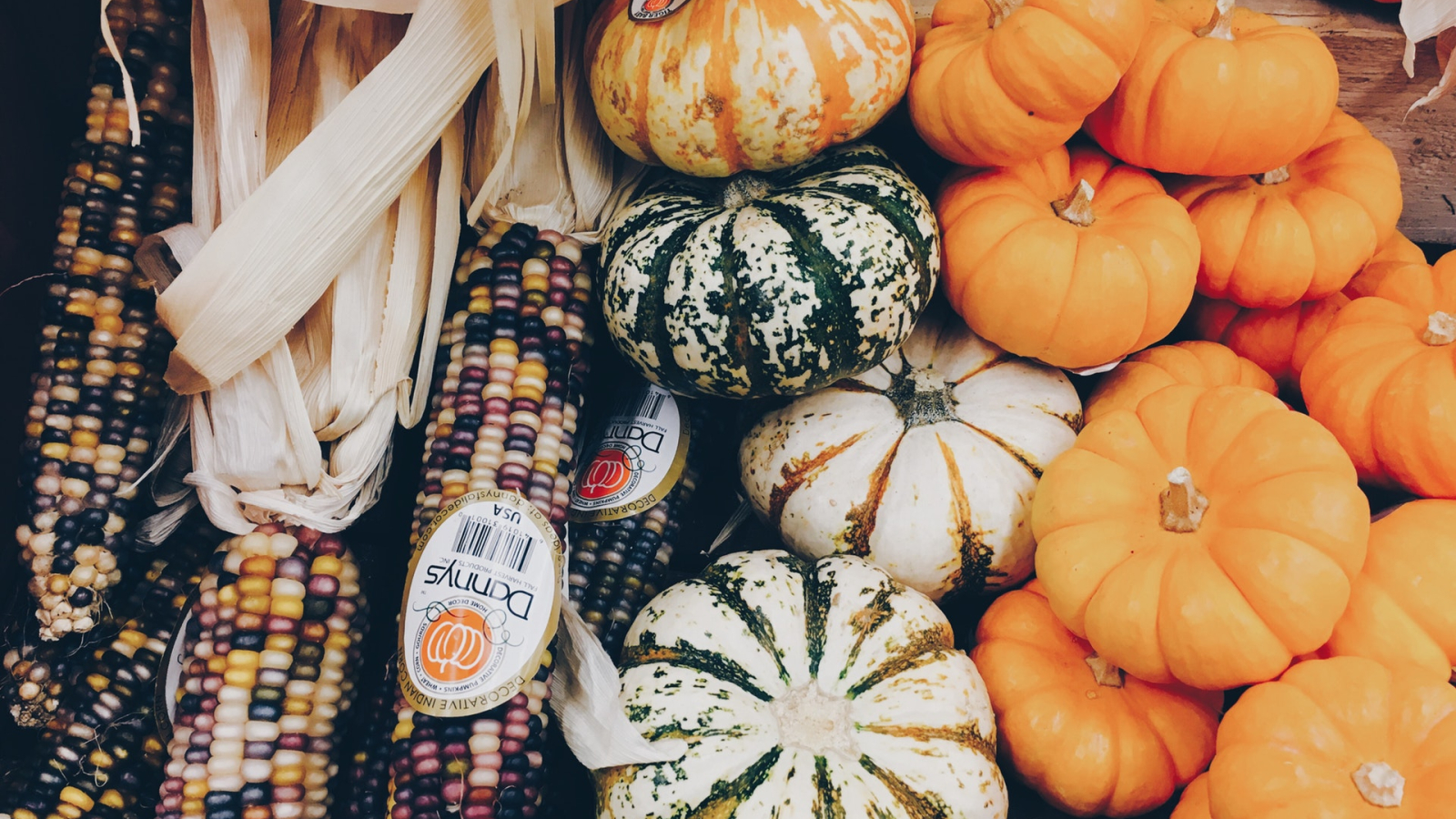
The amount of people experiencing food insecurity is on its rise again, for the first time in 17 years. According to the Food and Agriculture Organization currently 820 million people are living in hunger. With a world population that is expected to grow with 2 billion over the next 30 years, and climate change making it harder to produce in certain areas, we face one of the biggest challenges of our time. Plant pathologist Dr Ronnie de Jonge (UU) studies ways to make plants more resilient to diseases and pest. The modification of crops is met with a lot of resistance in the West, particularly in Europe. Where does this resistance come from? And can we justify opposing modified crops, while people elsewhere in the world are suffering from hunger due to crop failure?
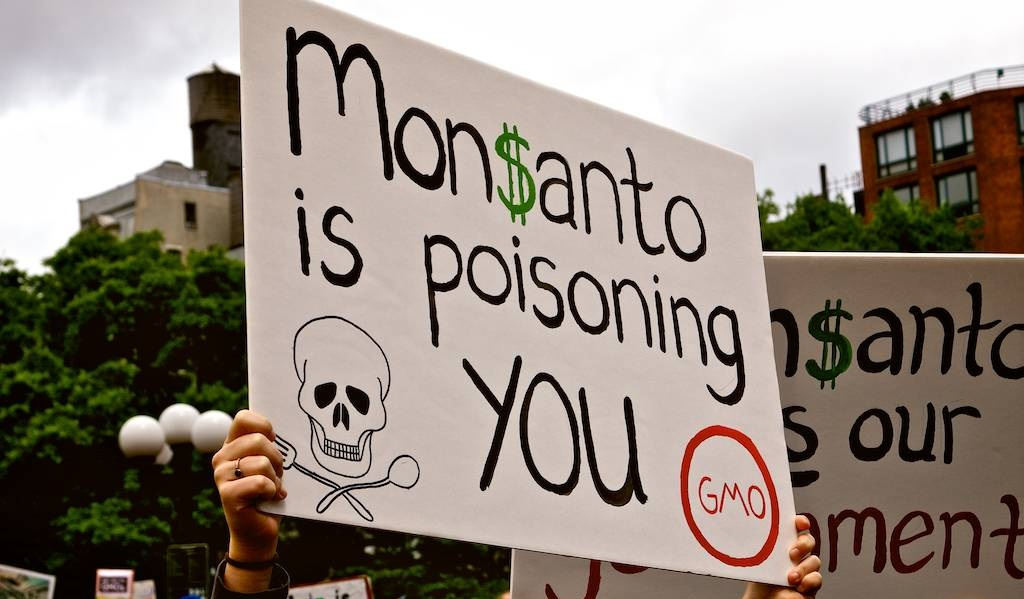
Food politics
Genetic modification has a bad name. It is often associated with big multinationals such as Monsanto, famous for its seed monopolies and aggressive court cases. "The initial steps into crops engineering were taken by big companies. That influences the debate heavily," says De Jonge. He sees crop modification as a necessity to produce enough food worldwide: "Annually we lose 20 to 40 percent of our crop production due to diseases, pests and drought. Studying the way plants get diseases and defend themselves, and boosting this natural ability could rescue a significant part of our crops." These studies are not only done by big companies, as people tend to think, but also by universities, and local institutes and researchers that work together with farmers to increase their production. According to De Jonge the debate is overloaded with arguments by people with very strong sentiments against genetic engineering and the power of the big companies, while insight in how this technique works is lacking. He says the problem surrounding genetic modification is sociological rather than technological. "We need to stop debating the technological part. As scientists we know exactly what we do and what is safe."
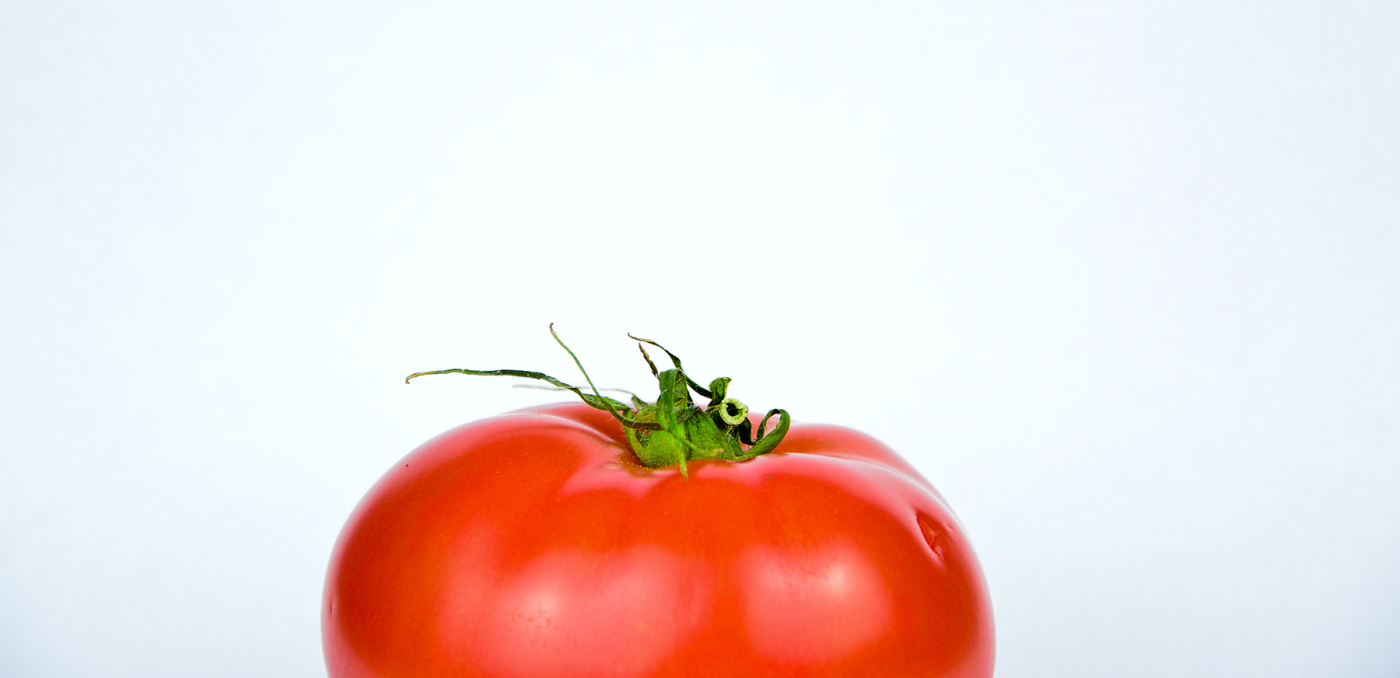
A long history of food modification
"People are afraid of modifying crops, but this is something we have been doing for thousands of years," says De Jonge. Broccoli, cauliflower or kale, for example, are all man made by domesticating and breeding the wild mustard plant. Genetic modification is just a way to speed up this process, De Jonge explains. "Let's say we have one type of tomato that is beautiful, fresh and juicy, but prone to pests and diseases, and another type that is of poor quality, but disease-resistant. By crossing these tomato plants over and over we can add the resistance trait of the poor tomato plant to the elite tomato. This breeding process takes decades. Genetic modification is a way of accelerating this process, by taking the gene you need and straight away inserting it into the genome of the tomato."
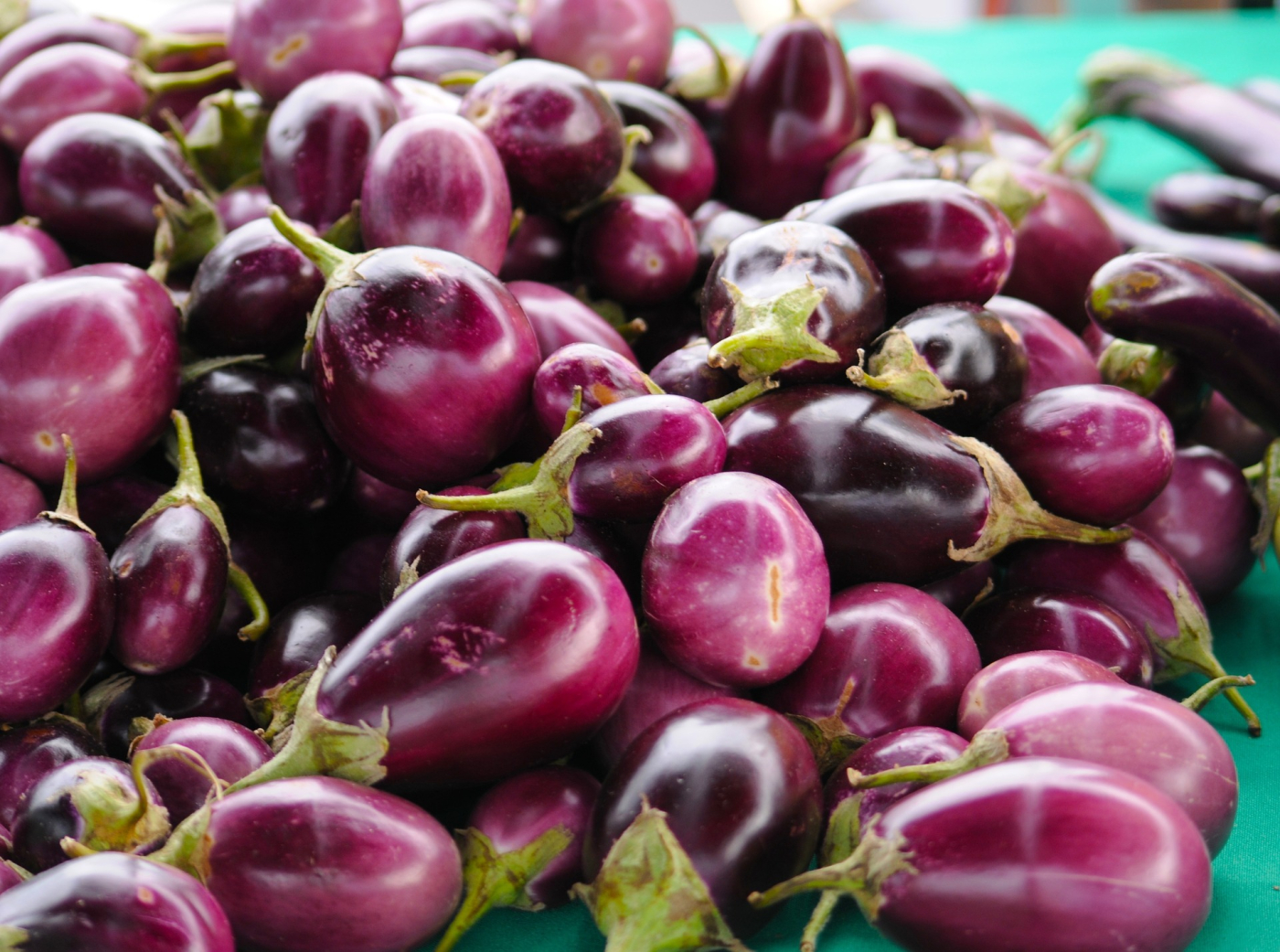
Food of the future?
What does the future hold, if we were to embrace this technique? Genetic modification make plants more resilient and thereby prevents famines due to crop failure. Moreover, people are not only suffering a lack of food, often they suffer a lack of vitamins and minerals. Genetically modifying the rice plants to produce vitamin A could combat this 'hidden hunger'. Another example is the BT Brinjal, a genetically modified eggplant in Bangladesh that produces the same pesticide the farmer would otherwise spray on the plant. "To me, these are examples of superfood," says De Jonge.
The technology is there, but it remains a question whether GMO foods will conquer the market or the social fear will prove to be too big. Meanwhile we can ask several questions: is it more unnatural to produce genetically modified food than it is to spraying all our food with pesticides? Is it the technique that worries us or is it the power of big companies that causes our resistance? And, last but not least, do we have an alternative to solve the expected shortage in food supplies over the next 50 years?

